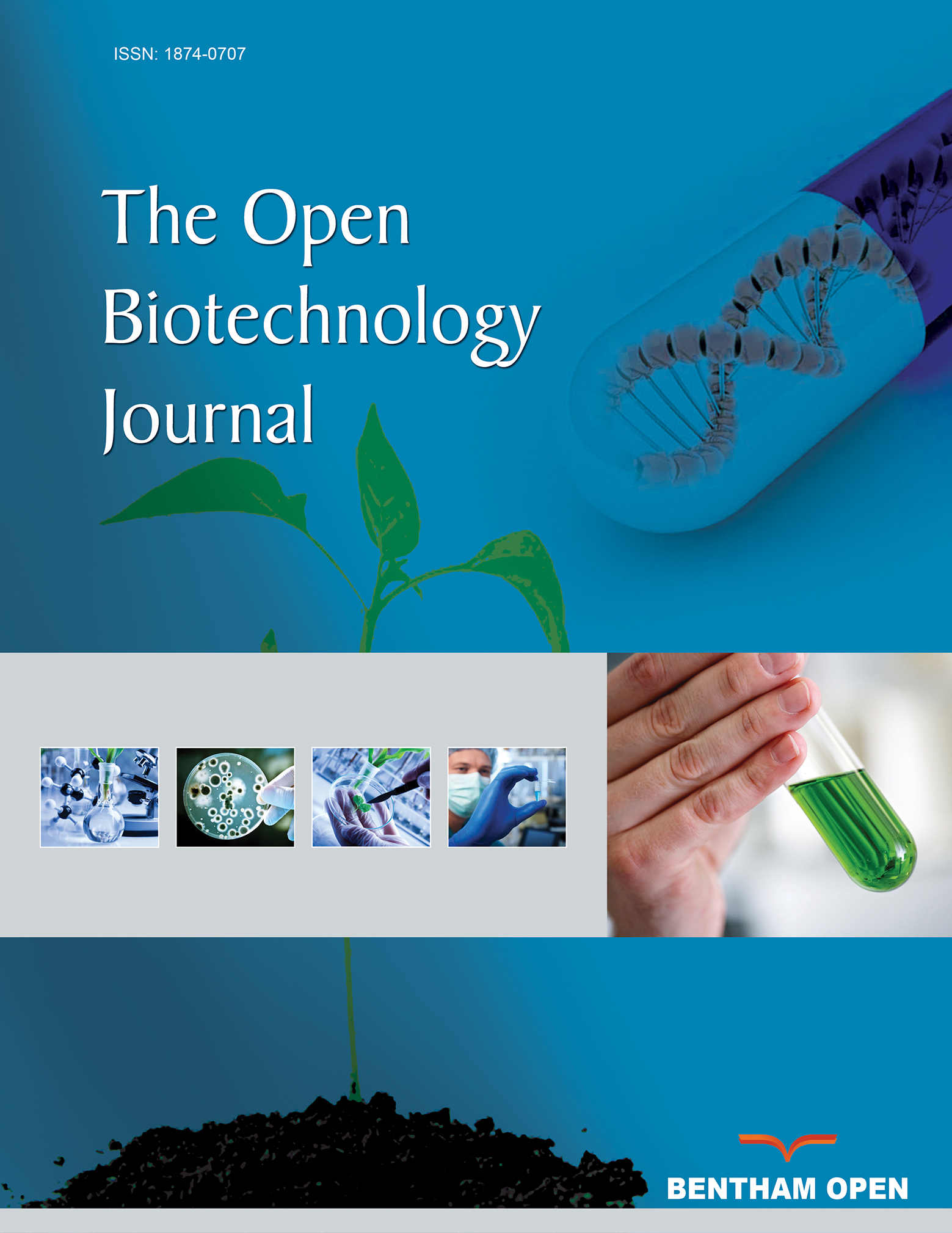All published articles of this journal are available on ScienceDirect.
Evaluation of Practical Process Aspects for Lipozyme TL IM Catalyzed Bulk Fat Modification in a Batch Reactor
Abstract
A few issues to apply Lipozyme TL IM-catalyzed interesterification for bulk fat modification were investigated in a batch reactor system with concerning practical process development. The hydrolyzed products, i.e. free fatty acids and diglycerides, generated from the Lipozyme TL IM-catalyzed interesterification process due to water participation, can be minimized by enzyme pre-treatment. For the interesterified products, free fatty acids formed by hydrolysis had softening effect on solid fat content and diglycerides retarded crystal transformation during storage. Reaction time was more critical for the reduction of acyl migration than the control of water content in the system. The temperature effect on the rate of interesterification in terms of Q10 value was determined as 1.3, meaning that the increase of reaction rate was limited by the increase of temperature. Therefore, for practical implementations, a temperature of 60-70 °C which the feed stock can be totally melted for the reaction should be used in consideration of enzyme stability. The quality of feedstock was confirmed to be critical to maintain the enzyme activity and the refined, bleached, and deodorized oil should be used as the feedstock.


